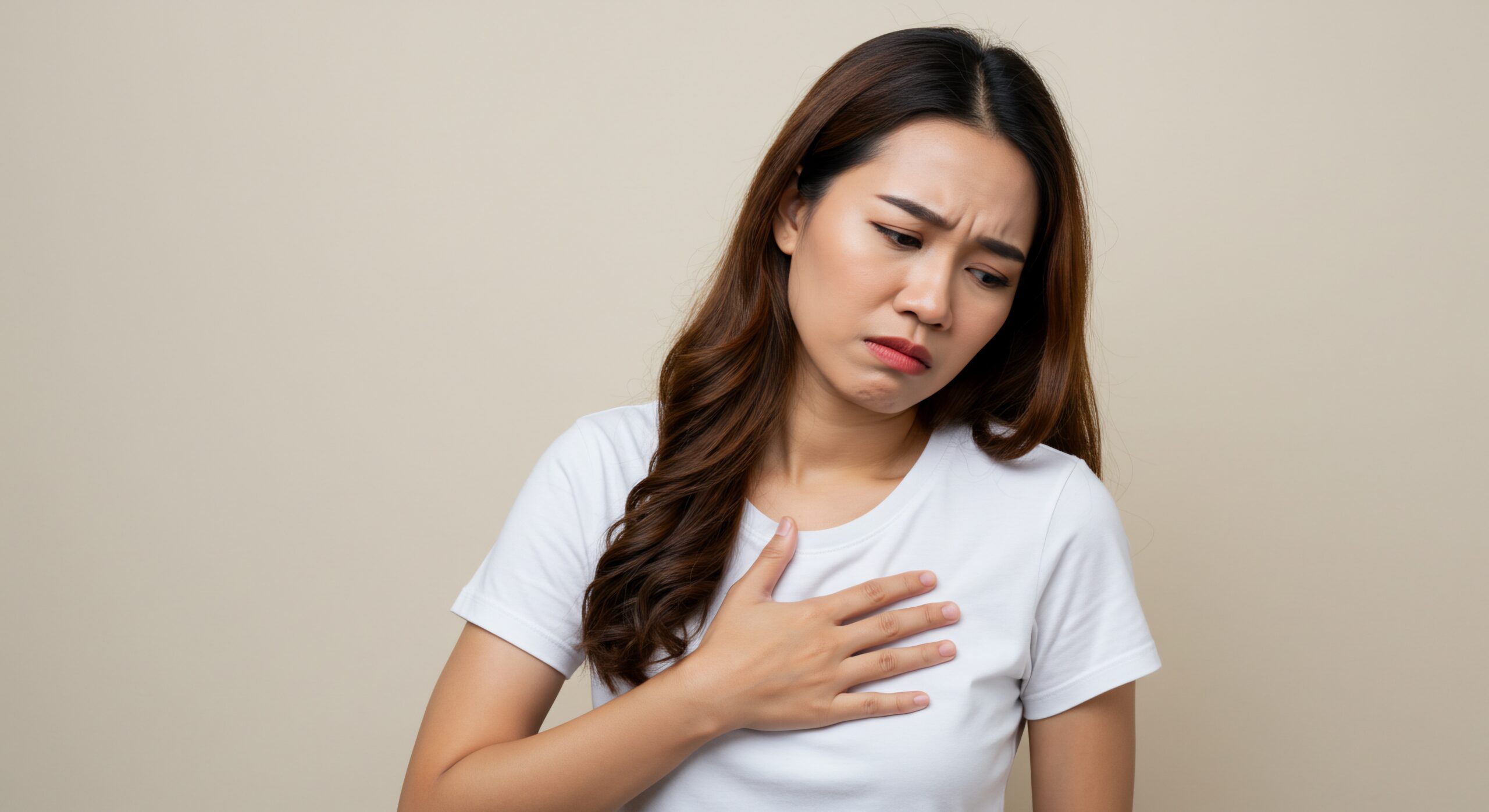Depression is one of the most widespread mental health challenges, but it rarely looks the same for everyone. Men and women often experience and express symptoms in different ways, shaped by biology, social expectations, and personal coping styles.
Recognizing the differences in depression in men vs. women can help families, clinicians, and communities respond with more understanding, better support, and earlier intervention. This guide explores how those differences show up and what to do if you or someone you love is struggling.
Depression in Men vs. Women and Why the Difference Matters
The idea of depression tends to come with a single image: someone who feels sad, cries often, and isolates themselves. While this picture is accurate for some, it leaves out many people who are suffering in less obvious ways.
Men may be more likely to externalize their distress, showing anger or pulling away from loved ones. Women may be more emotionally expressive, but their symptoms can still go unrecognized or minimized. Understanding how depression shows up in men vs. women helps ensure that people receive care that fits their lived experience.
If you are unsure what kind of support might help, you can explore the full range of care available at our Mental Health Facilities in West Virginia.
Common Signs of Depression in Women
Women are more likely to report classic symptoms of depression, such as:
- Persistent sadness or low mood
- Feelings of guilt or worthlessness
- Difficulty sleeping or sleeping too much
- Changes in appetite or energy
- Emotional sensitivity and frequent crying
Hormonal shifts during menstruation, pregnancy, or menopause can increase vulnerability, but these symptoms are not just about hormones. Women often carry multiple caregiving roles and emotional labor, making them more prone to burnout and emotional exhaustion.

What Depression Can Look Like in Men
Men may not describe themselves as feeling depressed, but they may experience:
- Irritability or anger
- Difficulty concentrating
- Risk-taking or increased substance use
- Physical discomfort like headaches or tension
- Withdrawal from relationships or responsibilities
Because men are often taught to keep their feelings inside, their symptoms may be overlooked until they begin affecting their work, health, or relationships in obvious ways.
Bringing attention to depression in men vs. women helps normalize the wide range of symptoms people may face—and reduces the stigma that keeps many from speaking up.
Drug & Alcohol Rehab and
Addiction Treatment in West Virginia
Get in touch with our recovery center today at 866-860-9772
How to Support a Loved One with Depression
If someone you care about is showing signs of depression, start by letting them know you are there for them. Listen without trying to fix or explain away what they are feeling. Avoid judgment and remind them that what they are going through is valid and that support is available.
Understanding how symptoms vary can make a real difference. Depression in men vs. women does not always look the same, so it helps to stay open-minded and responsive to what they are actually experiencing. A check-in text, help with small tasks, or simply being present can go a long way. Let them know they are not alone and that asking for help is a sign of strength.
When Depression Overlaps with Substance Use
Sometimes depression and addiction go hand in hand. People may use substances to numb emotional pain, or they may feel more depressed as a result of drinking or drug use. This combination is especially common in men but affects people of all genders.
When both are present, it is essential to treat them together. Therapy for addiction can include support for depression, trauma, and emotional regulation, offering a deeper approach than traditional therapy alone.
Drug & Alcohol Rehab and
Addiction Treatment in West Virginia
Get in touch with our recovery center today at 866-860-9772
Getting Structured Care for Lasting Relief
Some individuals need more than weekly appointments to find relief. A supportive, structured environment can make recovery more sustainable. That is where our intensive outpatient program can help. This level of care allows people to continue living at home while receiving more consistent therapeutic support throughout the week.
Whether depression is tied to substance use, trauma, or has developed slowly over time, healing is possible with the right kind of help.
FAQs About Depression in Men vs. Women
Why is depression more commonly diagnosed in women than in men?
Women are more likely to report symptoms and seek help, which leads to more diagnoses. Men may experience depression but describe it differently or not recognize it as a mental health issue.
Can men experience depression without feeling sad?
Yes. Many men with depression do not feel sadness as their main symptom. Instead, they may feel angry, numb, restless, or physically uncomfortable.
Is treatment different for men and women with depression?
Treatment should be personalized based on symptoms, not just gender. That said, awareness of gender-related patterns can help clinicians provide more effective care.
Are women more emotional than men when they are depressed?
Not necessarily. Women may be more open about expressing emotions, but men feel deeply too. Cultural expectations often shape how emotion is shown, not the intensity of the emotion itself.
How do I know when it is time to get help?
If depression is affecting your ability to function, connect with others, or feel like yourself, it is time to seek help. You do not need to wait for a crisis.

